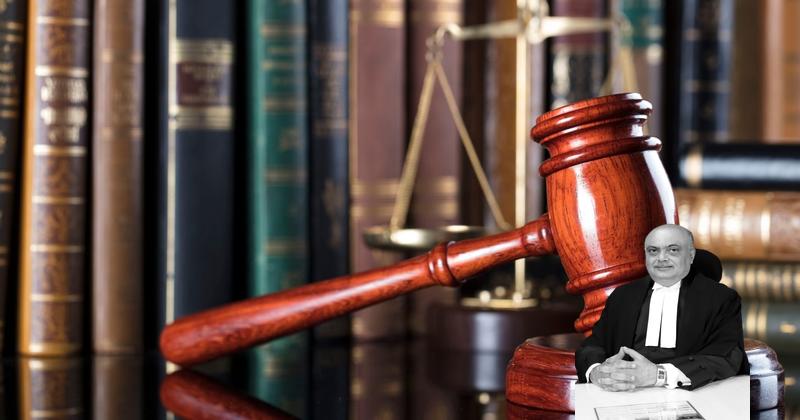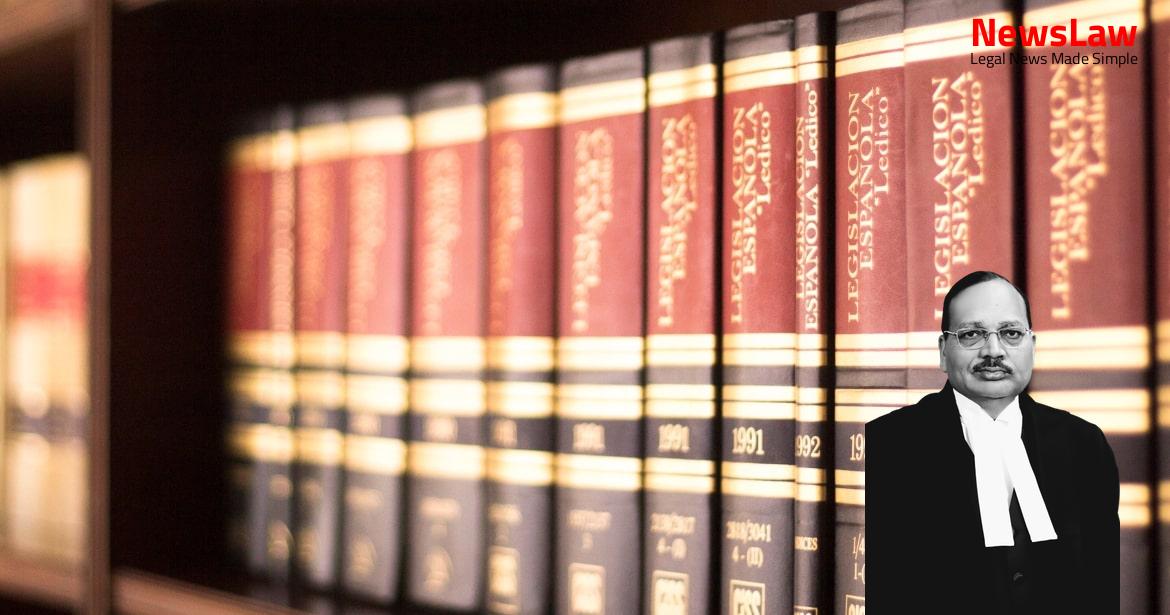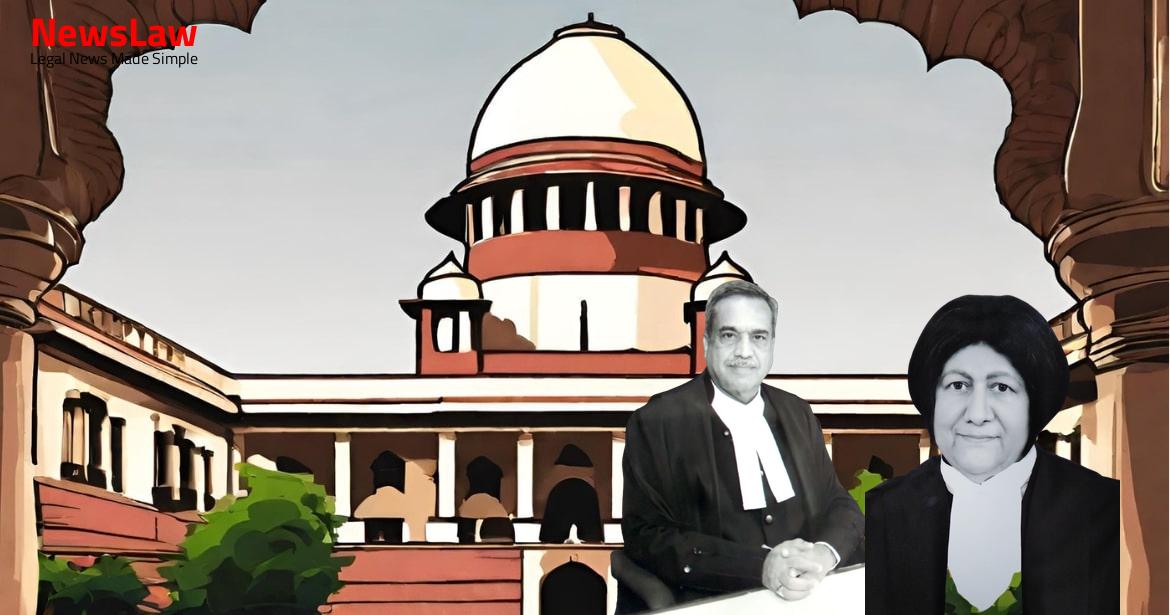Union of India [ “2023 Constitution Bench judgment” ], the President in exercise of powers under Article 123 of the Constitution promulgated the Government of National Capital Territory of Delhi (Amendment) Ordinance 2023 [ “NCT Ordinance” ].
Section 3A stipulates that notwithstanding anything contained in any judgment, order, or decree of any Court, the Legislative Assembly shall have the power to enact laws as prescribed in Article 239-AA, except with respect to Entry 41 of List II of the Seventh Schedule to the Constitution. [Section 45H] (iv) The Lieutenant Governor shall return the recommendation made by the Authority for reconsideration if he differs from the recommendation of the Authority.
[Section 45H] (v) Proposals which may, inter alia, affect the peace of NCTD, interests of the Scheduled Castes, Scheduled Tribes and socially and educationally backward community, or proposals on matters which 4 affect the relations of the Government of NCTD with the Central Government, State Government, Supreme Court of India or the High Court of Delhi shall be placed before the Lieutenant Governor for opinion.
The 2023 Ordinance abrogates the principles of collective responsibility and the triple chain of accountability which are important facets of NCTD’s governance structure; (iii) Article 239-AA(7)(b) is not a sui generis provision in the constitutional scheme. Article 239-AA(7)(b) does not vest Parliament with wide powers to abolish the constitutional scheme of governance envisaged for NCTD in Article 239-AA; and (iv) The President could not have exercised the power to promulgate an Ordinance under Article 123 because circumstances which warranted immediate action did not exist. Article 239-AA(3)(a) stipulates that the legislative assembly of NCTD has the power to make laws with respect to matters enumerated in the State List and Concurrent List insofar as such matter is applicable to Union Territories except entries 1,2, and 18 of List II and entries 64, 65 and 66 of List II insofar as they relate to the above entries.
Also Read: https://newslaw.in/?p=652
Since in view of Article 239-AA(3)(b), Parliament also has legislative power over Entry 41 of List II, a corresponding issue on the extent of executive power of the Union of India and the Government of NCTD on matters over which both Parliament and the legislative assembly of NCTD have the power to enact laws arose. On the exclusion of Entry 41 from NCTD’s legislative power, the government of NCTD ceases to have executive power over services because executive power is co-terminus with the legislative power.
Therefore, the issue whether a law could completely remove NCTD’s executive power over Entry 41 is interconnected with the validity of Section 3A. While Article 239-AA(7)(a) states that the law must only give effect to or supplement the provisions of Article 239-AA, Article 239-AA(7)(b) states that the law shall not be deemed an amendment to the Constitution even if it has the effect of amending Article 239-AA.
We accordingly refer the following questions to a Constitution Bench: (i) What are the contours of the power of Parliament to enact a law under Article 239-AA(7); and (ii) Whether Parliament in the exercise of its power under Article 239- AA(7) can abrogate the constitutional principles of governance for NCTD.
[Dr Dhananjaya Y Chandrachud]
Case Title: GOVERNMENT OF NATIONAL CAPITAL TERRITORY OF DELHI Vs. UNION OF INDIA (2023 INSC 635)
Case Number: W.P.(C) No.-000678 / 2023



